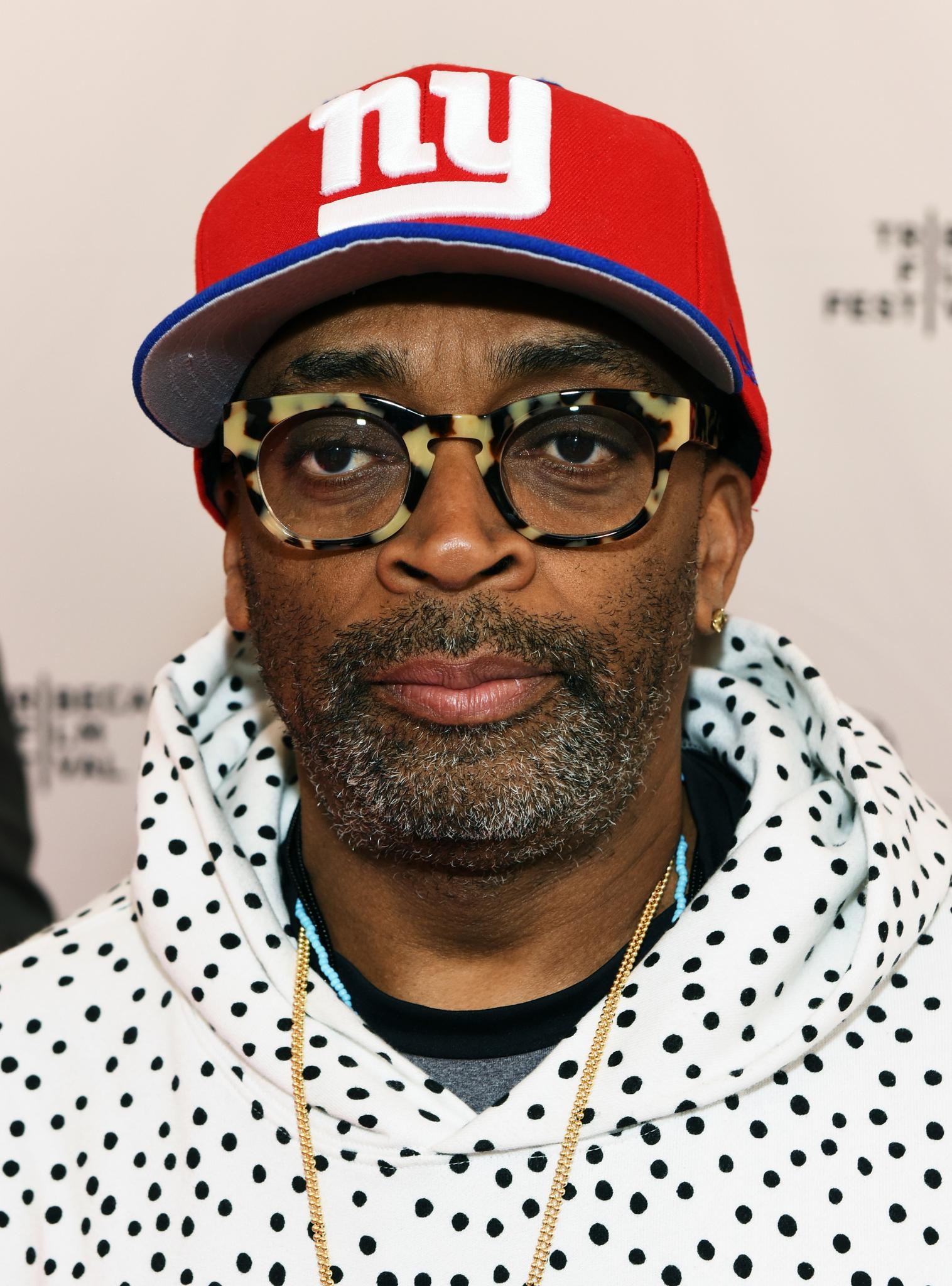
Northwestern University hosted a screening of Spike Lee’s 2015 Chicago-set film Chi-Raq Wednesday, where following the screening the director faced mixed reactions during a Q&A.
Spike Lee Backs Bernie Sanders for President
Chi-Raq, meant to be a retelling of the ancient Greek comedy Lysistrata, is set against the backdrop of gun violence on Chicago’s South Side. In the film, in attempting to stop the violence between warring gangs, the girlfriends of the gang members stage a “sex strike” until their men agree to end the senseless cycle of violence.
Lee was faced with opposition during his Q&A as students voiced concerns about the depiction of Chicago’s gun violence and Black women. According to North by Northwestern, “an audience member accused Lee of turning systemic violence into a joke… and ‘placing the onus of Chicago’s gang violence’ on fictional characters.
Other students were concerned that the film “presented an overly sexualized view of Black women and was intended for a White audience.”
See Spike Lee’s Anti-Gun Violence Protest Following ‘Chiraq’ Premiere
In his own defense, Lee references moments where the satirical drama addresses larger causes of violence in Chicago and adds that he doesn’t believe the film belittles Black women.
“I don’t believe it,” he said. “Angela Bassett would not be in this film if she thought we belittled Black women.”
“I think people are misunderstanding what satire is,” Patch accounts the director saying. “It’s satire.”
“We were not making light of a serious situation. It is possible to have humor with a serious subject matter,” he added, noting that several women who had lost loved ones in real life took part in the movie, including Jennifer Hudson, who played a key role. “Why would Jennifer Hudson be in the film making a mockery of her loved ones?”
Michael Jackson’s ‘Off the Wall’ Will Be Reissued Along with New Spike Lee Documentary
In any case, Chi-raq creates dialogue surrounding gun violence and the perception of representation concerning black women in media.
North by Northwestern reports that “despite several audience members walking out in protest throughout the night, Lee himself exited the stage to a standing ovation.”
